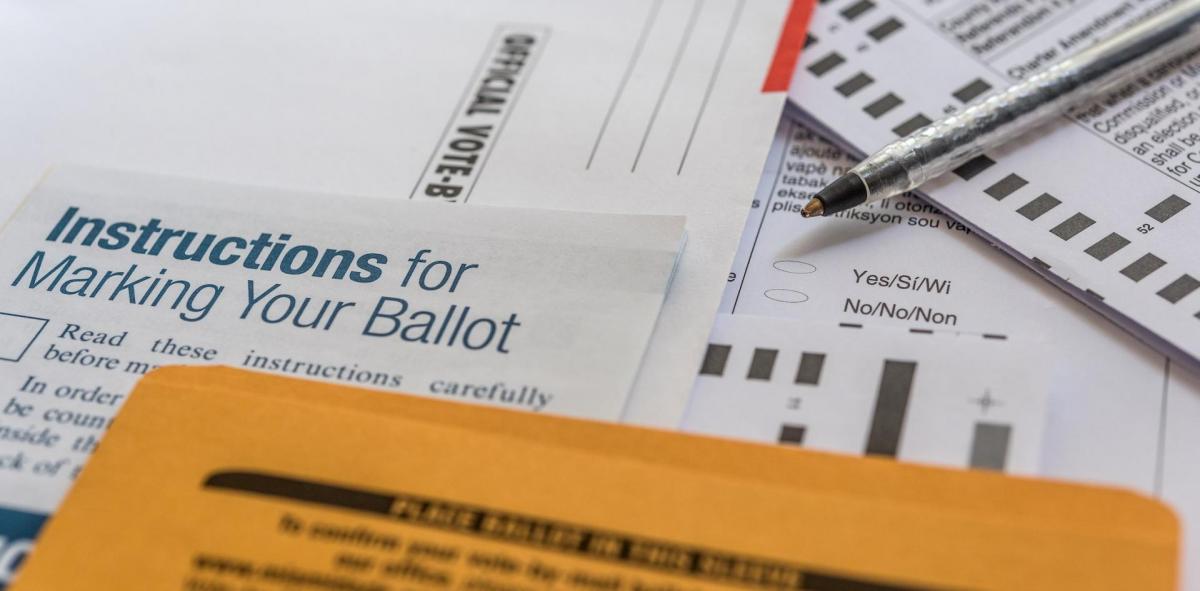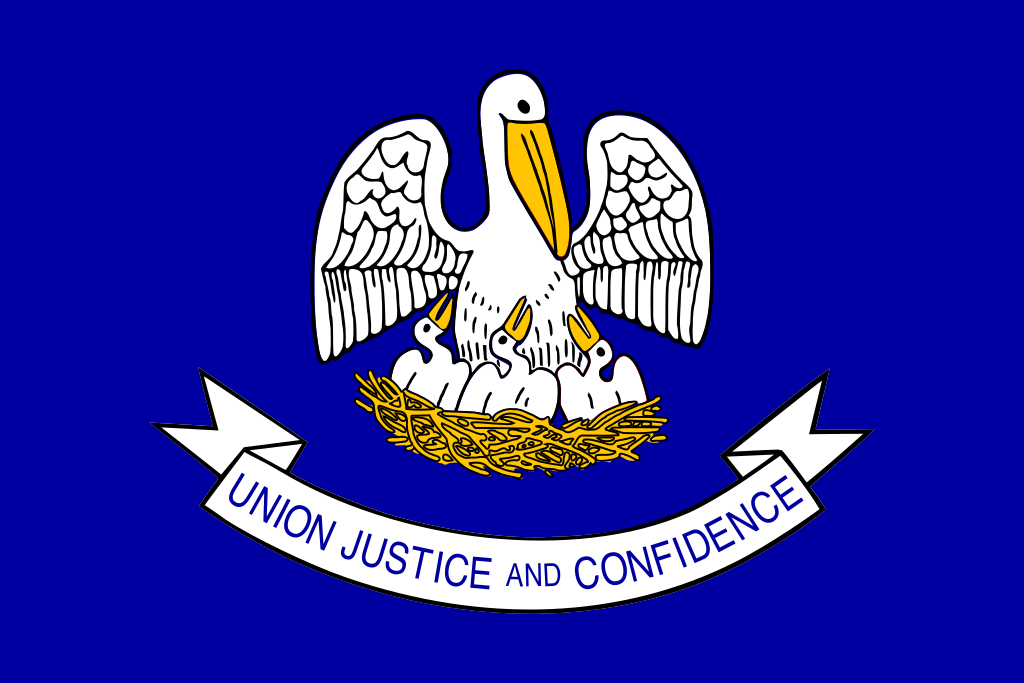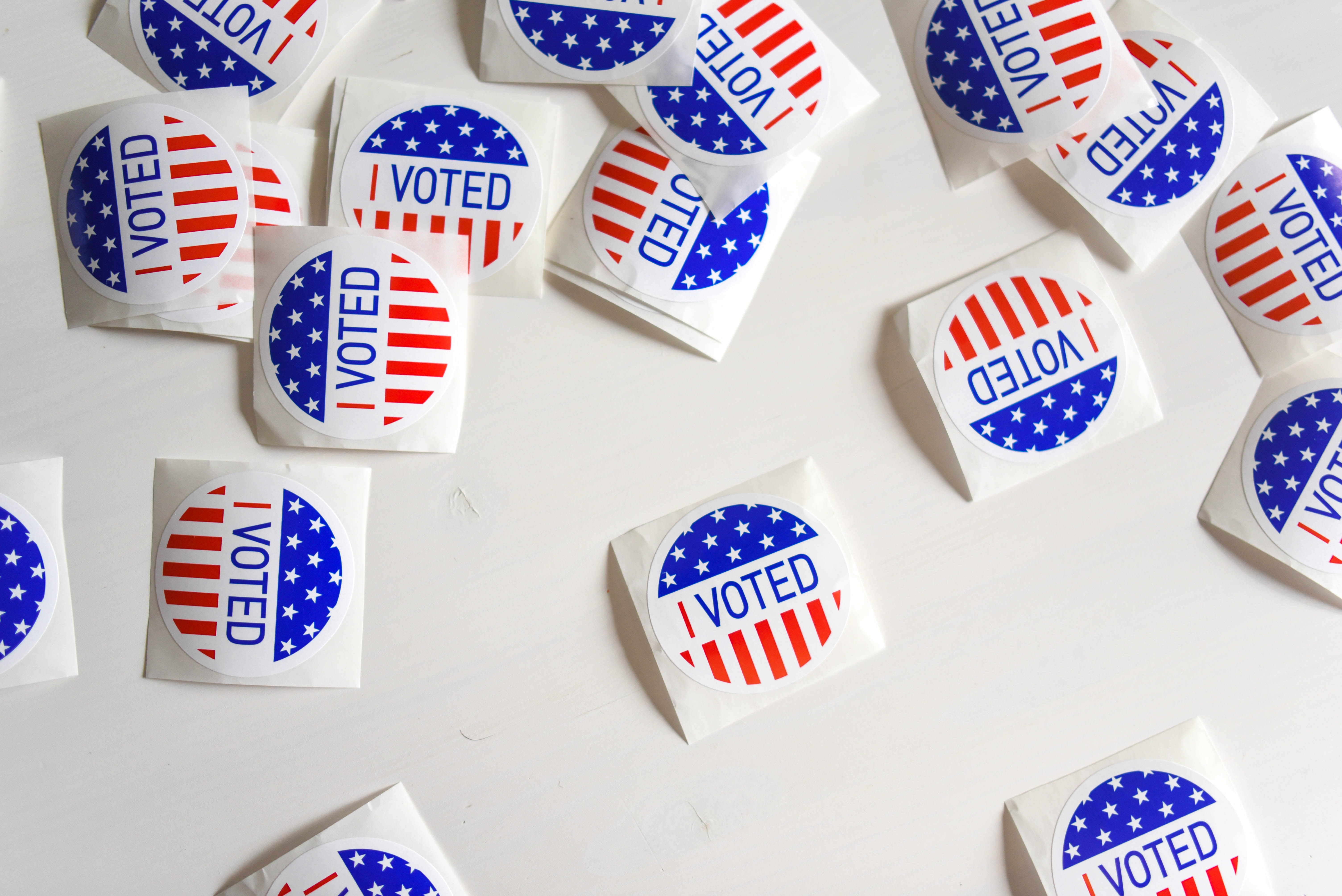Tag: louisiana
-
SNAP work requirements 2024 state legislation roundup

Ballotpedia tracked two state bills related to the Supplemental Nutrition Assistance Program (SNAP) work requirements that were enacted in 2024. One was a Florida bill that expanded work requirements for SNAP benefits by increasing the age for which requirements still apply beyond the federally set age. The other bill was in Louisiana and limited the…
-
State ballot measure update: Four ballot measures certified for 2025, one for 2026, during the past two weeks

Four statewide measures are certified for the 2025 ballot in one state—Louisiana—as of Nov. 26, 2024. For 2026, eight statewide measures have been certified for the ballot in six states. 2025 ballot measures During the past two weeks, four constitutional amendments were certified in Louisiana for a special election on March 29, 2025: 2026 ballot…
-
Louisiana voters to decide on four constitutional amendments addressing taxes, courts, and criminal justice on March 29, 2025

The Louisiana State Legislature approved bills for four constitutional amendments on Nov. 22, 2024. Voters will decide them on March 29, 2025. The constitutional amendments address the state’s tax structure, state courts, judicial elections for vacant seats, and juvenile criminal justice policies. Changes to state tax policy and government budget House Bill 7 would revise…
-
Louisiana voters to decide on four constitutional amendments on Dec. 7

Voters in Louisiana will decide on four constitutional amendments on Dec. 7. The amendments address topics related to state courts, state legislative procedures, and property tax sales. They each received support from a majority of legislative Republicans and Democrats. Amendment 1 would make changes to the judiciary commission and discipline of judges, including: Amendment 2…
-
Eleven presidential tickets will appear on the ballot in Louisiana this November

Louisiana’s Nov. 5, 2024, general election ballot will feature eleven presidential candidates and their running mates. They are: Jill Stein’s running mate is Butch Ware, but she filed to appear on Louisiana’s ballot before selecting Ware, so she will appear on Louisiana’s ballot with Baraka instead. Robert F. Kennedy Jr. withdrew from the presidential election…
-
Three candidates are running in the nonpartisan primary for Louisiana Public Service Commission District 2

Nick Laborde (D), Jean-Paul Coussan (R), and Julie Quinn (R) are running in the nonpartisan primary for Louisiana Public Service Commission District 2 on Nov. 5, 2024. Incumbent Commissioner Craig Greene (R) is not running for re-election. In all 50 states, the public service commission is a multi-member board responsible for regulating utilities. Louisiana is one of 10 states where commissioners are elected rather than appointed.…
-
Five candidates are running in the nonpartisan primary for Louisiana’s 6th Congressional District on Nov. 5, 2024

Five candidates are running in the nonpartisan primary for Louisiana’s 6th Congressional District on Nov. 5, 2024. Quentin Anderson (D), Cleo Fields(D), and Elbert Guillory (R) lead in endorsements and media attention. Incumbent Rep. Garret Graves (R), who was first elected in 2014, is not running for re-election. The election will take place under a…
-
Twenty-four candidates are running for Louisiana’s six U.S. House districts this year—the second-fewest in the last 10 years

This year’s filing deadline for candidates running for Congress in Louisiana was July 19, 2024. This is the first election to take place after Louisiana Governor Jeff Landry (R) signed revised congressional maps into law on Jan. 22, 2024. On May 15, 2024, the U.S. Supreme Court blocked an April 30 ruling by the U.S.…
-
Two states with Republican trifectas adopted new requirements for voter registration drives

Tennessee and Louisiana joined a group of six other states with Republican trifectas that have adopted laws related to voter registration drives or third-party assistance for voter registration applications since 2020. In Tennessee, Gov. Bill Lee (R) signed HB 1955 / SB 2586 on May 1, prohibiting the pre-filling of information on a voter registration…
-
New rules for ballot return in three states with Republican trifectas among changes to absentee/mail-in voting

Three states with Republican trifectas added new definitions of who may return another voter’s ballot in 2024. Idaho adopted H 599, which stipulates that only election officials, postal workers, common carrier employees, a person paid by the voter, a relative of the voter, a member of their household, or a caregiver may collect or deliver another…

